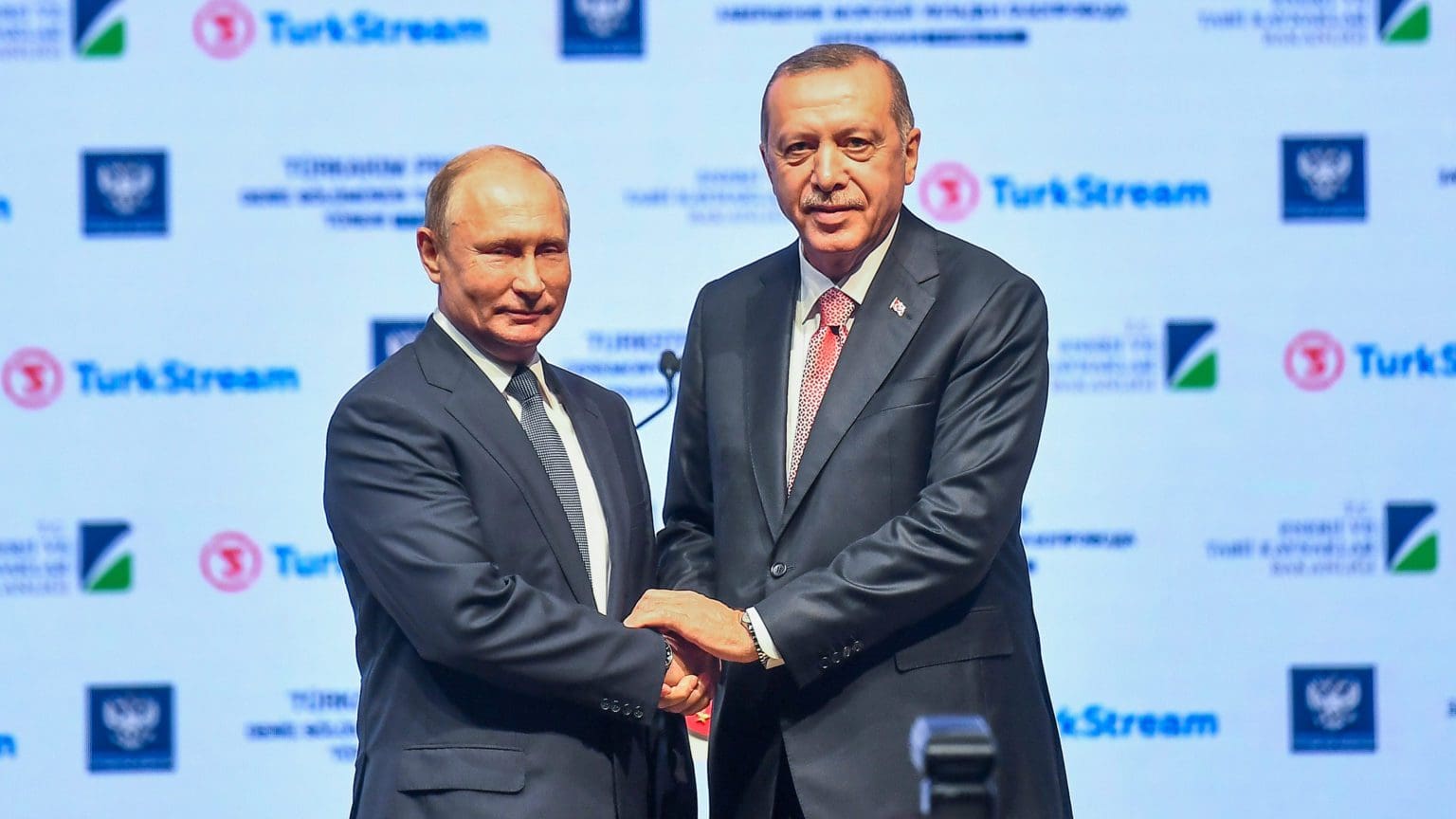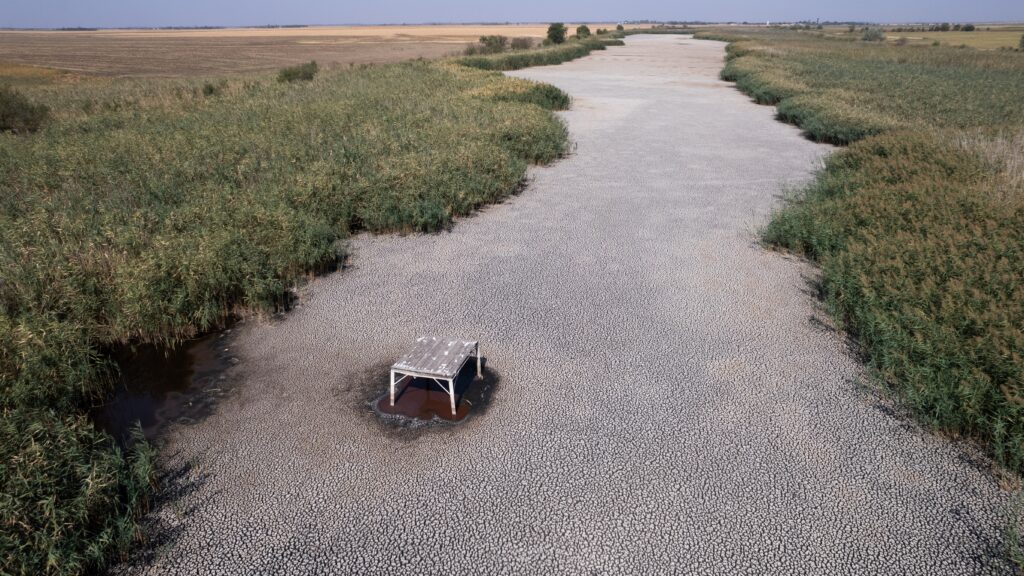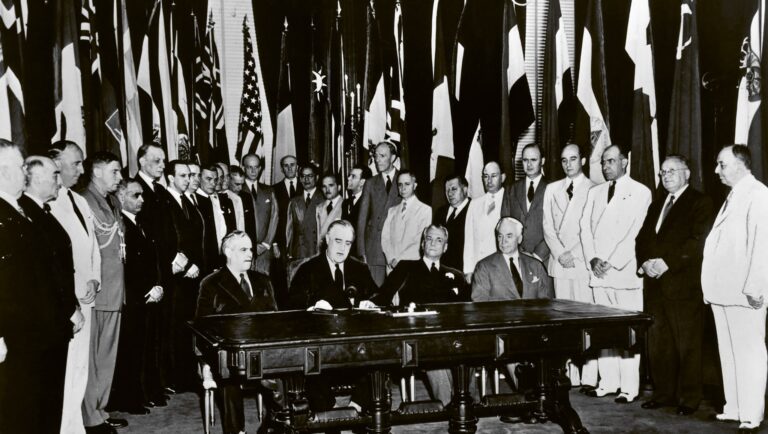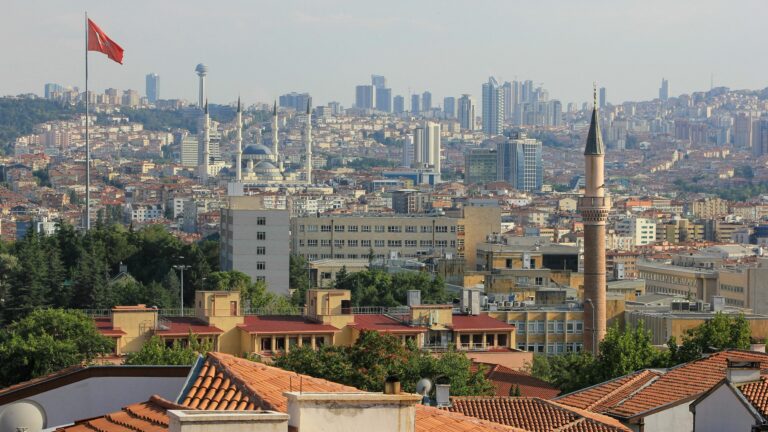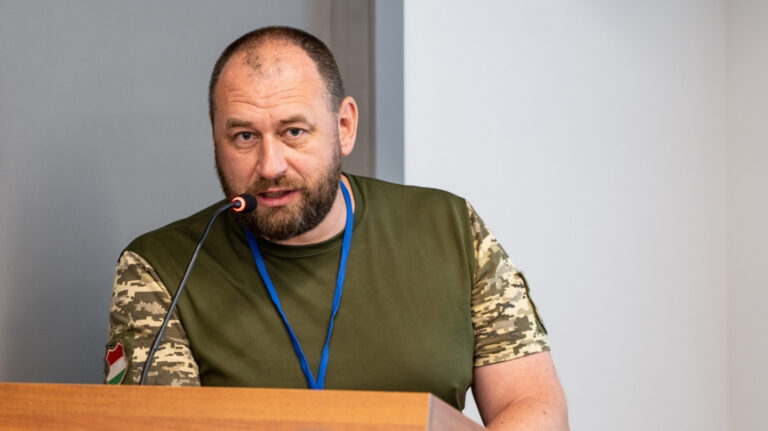Turkey’s relationship with the European Union has always been ambiguous. There are reasons why Turkey has still not become a full EU member state. after two decades of being a candidate. One of the reasons is that Turkey’s foreign policy approach has always been pragmatic – regardless of with whom and on what basis it had to deal with. Turkey is a country that aspires to considerably expand its regional power status (competing with the likes of Israel, Iran and Saudi Arabia) and to use the gained influence to have a chance to play a part in world politics. One thing that Brussels doesn’t seem to understand is that Ankara–with or without Erdogan’s arguably authoritarian regime–won’t adhere to its ideological groupthink just to gain its favour and possible admittance into their boys’ club if the ideology in question goes against its perceived geopolitical interests. For Turkey, EU membership is just one of the many tools to gain more prestige, one that certainly becomes less and less appealing as the bloc continues to engage in economic self-sabotage over Ukraine.
Now the EU wants to force Turkey to hop on its bandwagon of predictably terrible choices. As many politicians, such as Viktor Orbán. have already pointed out, the Western sanctions have had no significant effect whatsoever – at least not on Russia, since they pretty much ruined Europe’s already weakened economies. The solution? Get more countries to join and maybe the joint pressure could become big enough to force Putin into a corner. That’s why they need Ankara, a country with a sizeable population and major economic connections to Russia to fall in line. After all, EU candidates should follow Brussels out of sheer respect, shouldn’t they?
The EU wants to force Turkey to hop on its bandwagon of predictably terrible choices
Turkey is also a member of NATO, although its commitment to the Alliance is questionable at best, for all the reasons I outlined above. It views NATO as the defensive alliance it is, and refuses to be bullied into economic decisions by the group, just like in the case of the EU. Turkish officials have stated many times that they fully support Ukraine’s independence and sovereignty, but ‘as a matter of principle’, Turkey ‘exclusively joins sanctions that are imposed by the United Nations’.
According to the Financial Times, the EU Commission plans to heavily sanction Turkey over its deepening ties with Russia as a response to Erdogan and Putin’s meeting just days ago. At the meeting, the leaders agreed to maintain (and even expand some of) the mutually beneficial areas of cooperation between their nations, primarily in the fields of energy, finance, agriculture and industry. Western official– and rightly so–fear that Russia may use the opportunities provided by the relatively robust Turkish economy to circumvent some of the sanctions imposed on it, and therefore the EU plans to “punish” Ankara with the next package of sanctions.
Now, endless arguments can be engaged in about whether Turkey’s overly pragmatic approach to EU sanctions and the war in Ukraine was morally correct or not, but that would be counterproductive at this point, since the question of whether the Western sanctions would work if more countries (like Turkey) joined needs to be addressed instead. And the answer to the question is probably no, they would not. Regarding Turkey, it is a sovereign country that decides to act in pursuit of its best-perceived interests. And to be fair, so does the EU if it goes forward with its plans to sanction Turkey. So the final questions remain: is it worth it? Ankara has been having the upper hand over Brussels when it comes to threats for quite a few years now, and for one particular reason: it could flood Europe with migrants whenever it wishes to do so.
Turkey hosts nearly four million refugees on its soil
Between 2016 and 2020, the EU signed eight contracts for €6 billion in exchange for Turkey to manage and keep the migration crisis inside its borders. At the present moment, Turkey hosts nearly four million refugees on its soil, who primarily came from Syria and other parts of the Middle East during and after the 2015 European migration crisis. The years that followed saw many European governments facing enormous backlash for their participation in the Willkommenskultur, terrorist attacks felt like commonplace in Western Europe and the general atmosphere heavily shifted the whole political paradigm of the West – resulting in Brexit, for instance. And that was only one and a half million refugees. Now imagine it happening again–once Turkey has had enough of us–with significantly bigger numbers. Not only the four million currently in the country but also the countless masses that will predictably arrive in the next couple of months due to the worsening global energy and food situation may end up in Europe.
And no, I don’t advocate for giving in to Turkish blackmail at all; in such dire times, that would be a sign of weakness Europe simply cannot afford. Instead, we should reconsider our entire strategy toward the war in Ukraine. The sanctions don’t work, and this kind of aggressive solution seems to just birth more problems along the road and we have no idea how long the whole conflict will drag on. Europe doesn’t have too much time, unfortunately. Unless we end the war–and end it soon–Europe will crumble under the weight of the current energy crises by the end of the year. Therefore, let us come together and find a peace agreement that’s acceptable for all. Otherwise, we not only risk freezing this winter, but possibly the start of a second and much more serious migration crisis. Europeans won’t care what Turkey or others did or didn’t do – the responsibility to act falls solely on Brussels and the time to act is now.

